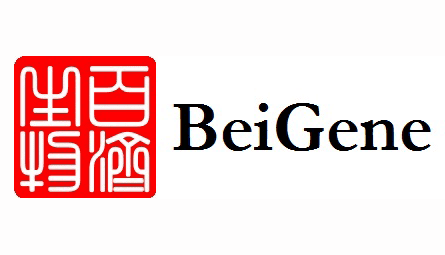
Chinese pharma company BeiGene has unveiled results from of a key global trial of its Novartis-partnered PD-1 inhibitor in non-small cell lung cancer (NSCLC) at the virtual American Association for Cancer Research (AACR) annual meeting.
The phase 3 RATIONALE 303 study compared tislelizumab to chemotherapy medication docetaxel as second- or third-line therapy for patients with locally advanced or metastatic NSCLC.
In total, 805 patients from ten countries across Asia, Europe, the Americas and Oceania were enrolled in the trial, with patients randomised 2:1 to receive either tislelizumab or docetaxel.
According to BeiGene, in the interim analysis, the study achieved the primary endpoint of overall survival (OS) in the intent-to-treat (ITT) population, with a median OS of 17.2 months in the tislelizumab arm compared to 11.9 months in the docetaxel arm.
For patients with high PD-L1 expression, the median OS jumped to 19.1 months. Median progression-free survival (PFS) was found to be 4.1 months in the tislelizumab arm compared to 2.6 months in the docetaxel arm.
At 12 months, the PFS rate was 23.3% for patients receiving BeiGene/Novartis’ therapy versus 5.7% in the docetaxel arm.
Finally, the median duration of response (DoR) in the tislelizumab arm and docetaxel arm was 13.5 months and 6.2 months, respectively.
“Tislelizumab continues to demonstrate its potential in delivering meaningful survival benefit to patients with advanced or metastatic NSCLC in both the second- and third-line setting, as shown in today’s reported results, as well as with treatment-naïve populations as previously reported at last year’s ASCO and ESMO meetings,” said Yong (Ben) Ben, chief medical officer, immuno-oncology at BeiGene.
“These encouraging results from RATIONALE 303, which supported the recently accepted sBLA in second- or third-line NSCLC in China, further suggest that tislelizumab is a potentially differentiated checkpoint inhibitor,” he added.
In January, Novartis and BeiGene signed a strategic collaboration agreement for the Swiss pharma company to in-license tislelizumab in ‘major markets’ outside of China.
As part of that agreement, Novartis gained development and commercialisation rights to tislelizumab in the US, Canada, Mexico, the EU, UK, Norway, Switzerland, Iceland, Liechtenstein, Russia and Japan for an upfront payment of $650m, plus royalties and milestone payments.
In a statement, Novartis said that the first regulatory filing outside China is expected in 2021, although the company did not specify exactly when this would be.




